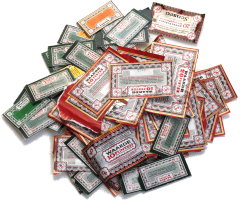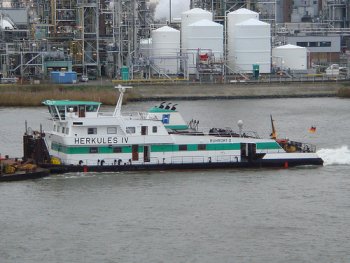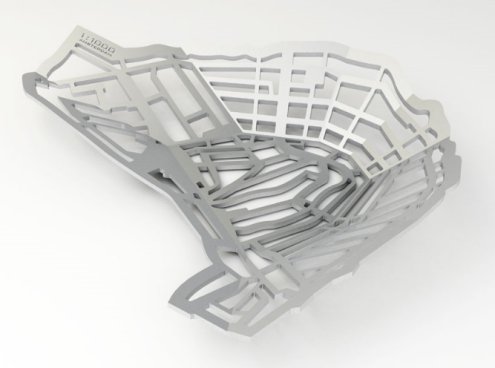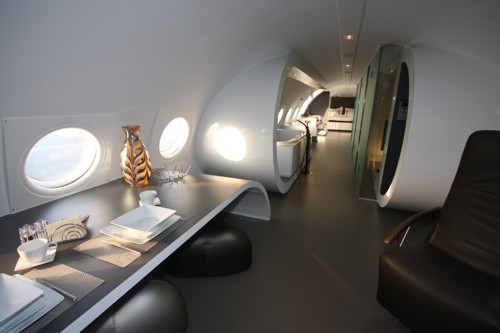 Embedding is a form of publication, and therefore infringement if it happens without permission, Dutch judges Brandenburg, Huijbers-Koopman and Struik concluded two weeks ago in an infringement case. Oddly enough, their judgement seems to hinge on the court’s conclusion (Paragraph 4.99, PDF) that “in case law and legal literature it is generally held that an embedded link constitutes a publication. After all, the material can be viewed or heard within the context of the website of those who placed the link, and placement causes the material to reach a new audience.”
Embedding is a form of publication, and therefore infringement if it happens without permission, Dutch judges Brandenburg, Huijbers-Koopman and Struik concluded two weeks ago in an infringement case. Oddly enough, their judgement seems to hinge on the court’s conclusion (Paragraph 4.99, PDF) that “in case law and legal literature it is generally held that an embedded link constitutes a publication. After all, the material can be viewed or heard within the context of the website of those who placed the link, and placement causes the material to reach a new audience.”
The court seems to have borrowed this quote literally and without attribution from a blog posting by SOLV lawyer Douwe Linders who, according to Webwereld, said that “it looks a lot like copy and paste.” Since it is literally copy and paste, not just a lot like it, it sounds like Linders was unaware that the court had copied him, and that he had not given the court any permission to do so.
Although Dutch copyright law does allow you to quote bits of a work for a number of reasons, it does not allow you to do so without attribution. Further, by pretending the court had written this bit itself, the judges also plagiarized Linders’ words, which is a much more serious offence in my opinion (although, unlike copyright infringement, not actually illegal).
I have never heard before of a copyright infringement case in which judges infringe copyrighted myths and present them as fact in order to bury alleged infringers. This stinks in my opinion, but then I am not a lawyer. Perhaps in their world this is how roses smell.
According to Webwereld, the court’s argument “has caused consternation in copyright land.” Although I agree with Linders’ opinion that embedding generally constitutes a form of publication, the debate about this is far from over, as the comments collected by Webwereld attest.
(The literal Dutch text by Douwe Linders: “In de rechtspraak en juridische literatuur wordt betrekkelijk eensgezind aangenomen dat een embedded link wel een openbaarmaking inhoudt. Immers, het materiaal is dan te bekijken of beluisteren binnen de context van de website van degene die de link heeft geplaatst en door de plaatsing wordt over het algemeen een nieuw publiek bereikt.”)

 Z24
Z24 



 Plans for a 262-metre-high skyscraper proposed for the Utrecht neighbourhood Leidsche Rijn have been scrapped,
Plans for a 262-metre-high skyscraper proposed for the Utrecht neighbourhood Leidsche Rijn have been scrapped,  Embedding is a form of publication, and therefore infringement if it happens without permission, Dutch judges Brandenburg, Huijbers-Koopman and Struik concluded two weeks ago in an infringement case. Oddly enough, their judgement seems to hinge on the court’s conclusion (
Embedding is a form of publication, and therefore infringement if it happens without permission, Dutch judges Brandenburg, Huijbers-Koopman and Struik concluded two weeks ago in an infringement case. Oddly enough, their judgement seems to hinge on the court’s conclusion (